Aaron Aye, a 22-year old R&B artist hailing from Minneapolis, Minnesota, is a great example of what sounds like a mixture of Big Sean’s direct yet bouncy flow over big band instrumentation that will have you checking to see if a Chance the Rapper song came on by mistake. All of that is on display on his recently released debut project bearing a title that has been invisibly inked on Aye for the last seven years: Orphan.
At 15 he became an orphan after losing his mother to cancer and never known his father. But, Aye is a quintessential example of gaining by losing. “The real lyrics that started to mean something to me didn’t come until [my mom] passed away,” Aye told us. “What that did was force me to focus on my truth.”
He’s run away from places that didn’t feel like home, faced verbal abuse from family relatives, and felt like alien around people who couldn’t relate to what he was going through. Don’t expect sardonic musings about the inner workings of the orphanage system in America on Orphan. Aye used this album to show the unmistakable talent that can come from anyone, even those without parents.
Aye recently spoke with us about how Chance The Rapper helped him get through high school, turning his car into a recording studio, and gives a peek into the dark side of being a Black orphan in America.
The album is called Orphan, but it doesn’t really touch on any experiences of being an orphan. Why is that?
I wanted to touch on the experiences that people could relate to and show that I was still an orphan in that, rather than try to give people the ins and outs, and all the details of every part of the experience that I was going through, because some of it I couldn’t put into music because it was just too much for people to comprehend. Some of it was really dark, and I didn’t want to spend too much time on that. I wanted to spend time on how I was trying to grow up being an orphan rather than my actual experience of not having my parents. That plays a part in all of this. There’s a song [on Orphan] where I talk about what it was like when my mom was alive and how it transitioned into this place of loneliness when she passed. I knew my dad wasn’t there the whole time, but that’s when it really hit me, like, you’re out here on your own.
I know you just said you didn’t want to delve into the dark moments of being an orphan, but can you give me an example of a situation that might have been too much right now to cover in a song?
Let me go back to that space I was at. [Laughs] The hardest thing was honestly not feeling like I had a home. Even today, even though I’m in a way better space, I haven’t had a place that felt like home since [my mom] was alive. The thing about my situation was that I actually saw my mom pass away. I was with her in the hospital. So, that whole situation of actually being stripped from my parent, that feeling was hard. But, then I had to go straight into living with relatives right after that. I lived in a house with some relatives that I didn’t really get along with for about a year and a half. It really started to play on my self-esteem, and there was a little bit of verbal abuse going on, and it really didn’t help my situation because she had just passed. That only made me feel more alone, because the thing is, when you’re an orphan, you don’t have anybody there that loves you unconditionally. Don’t get me wrong, I have people in my family that love me unconditionally. But, I mean like how a parent loves you. How a mom loves you, or like a dad loves you. So, when somebody tells you something about yourself that isn’t true, you don’t really know how to gauge that or what to believe, because you don’t have the parent that you can run to.
I actually ran away from the first house that I lived at. It wasn’t the space for me, and I remember having to talk to other relatives to help try to get me out of the house, and set up. I took everything that I could that night. I just took my recording gear, my school stuff, and I walked to my friend’s house, which was like not close. [Laughs] It was super far away. It was just really feeling like I had to figure life out on my own from that point on. Being an orphan, let alone being a Black man and an orphan in America is like trying to avoid getting in a situation where I could end up either dead or in jail. So, it was even harder to not have parents, and not have the guidance that I used have when my mom was alive to keep me on the straight and narrow.
How did your upbringing and becoming an orphan affect your musical development?
No one wishes to lose a parent or be in that position. But, that’s really where my voice was birthed. At that time, I was younger and I really wanted to make music to compete with the music that people like, and people were listening to on the radio, or on their iTunes, or whatever it was. The real lyrics that started to mean something to me didn’t come until [my mom] passed away. What that did was force me to focus on my truth. It forced me to try to find a cool way to tell my truth rather than trying to write a song. Once I became an orphan, I stopped writing songs, and I just started telling my truth. Finding a cool way to tell the truth, which is hard. Some people they write the song instead of letting the song write itself because they feel like they got to edit it and they’ve got to shape it in this perfect way so that you can digest it. With this, I just decided ‘Yo I’m just going to tell you the honest truth. I’ll find a cool way to say it, but I’m not going to sugarcoat anything.” I never really touched on real shit that I was going through in my life until it was the only thing I could think about, because it got to that point where my life got flipped upside down.
Being on your own, moving around a lot must’ve affected your recording opportunities. Did you record yourself for Orphan?
That whole album I made in my bedroom, in my car, and shit like that.
Wait. In your car? Explain that.
There’s a song on the album called “Care 4 Me”. The whole time that I made this album I was living with a friend and his family. Sometimes my creative juices flow late at night. At a time when everybody else is asleep. I didn’t want to wake people up because I was sleeping on the couch in the other room. [Laughs] What I would do in those situations is I would charge my computer all the way up, and then take my computer, my little Focusrite interface, a microphone stand, and I would break [the microphone stand] down to the shortest level it can go, and I pushed my front seat all the way up as far as they could go. I put it in back. I pulled over to a park where there weren’t many houses around, and I recorded “Care 4 Me” in my car.
On your song “Since ’96” you said “Chano got me through my senior year.” That was around 2013 when he dropped Acid Rap. What songs specifically from that project helped out with certain situations?
[Laughs] It’s funny because I would never just listen to one song. Acid Rap was a tape where if I started it I had to listen to the whole thing. It took me through a space. [*Starts singing- “Cigarettes on cigarettes, my momma think I stink” from Cocoa Butter Kisses ] That whole vibe was really where I was at. When Acid Rap came out, it was like the only thing me and my friends listened to. It wasn’t just Acid Rap. It was both 10 Day and Acid Rap. I remember there’s a song on 10 Day called “Prom Night”. [Laughs]. [Chance] couldn’t make it to prom night, and one of my friends got in trouble where he couldn’t make it to the prom night. Little things like that really helped us get through our senior year.
What sound did you go for on this album, and when did you know it was done?
We didn’t set out for a particular sound. All I wanted was the music to dance. I wanted the music to be exciting and to be more detailed than most people that are out right now. But, I still wanted to have all the elements of what people love. It could be down to the mumble rap. I wanted all those elements. The same reason someone loves trap music, whether it be the drums, I wanted whatever is over the drums to be a little bit more musical. But as far as finding that sound, it kind of started on “Care For Me”, and we solidified it with “Since ’96”.
“Care For Me” and “Since 96” were the first songs we recorded that made it on the album. That’s when we knew, OK I’m going to play with hip hop and R&B, but I’m going to do it my way. I wanted it to be sort of a hybrid of singing and rapping. A lot of people are starting to do that now, but I didn’t want you to really feel the difference. I wanted it to sort of be seamless. All of it was the feeling. All of it was like ‘How did this make me feel?’
https://www.instagram.com/p/BmNNUwbgrAJ/
It is a solid body of work and it is only seven songs which is becoming a rarity in today’s times of 15+ tracks, like Drake’s Scorpion. Why go so short when everyone is going long?
Well, what’s funny is the original version of the album, at least the version of the album that it was intended to be heard as, is on Soundcloud right now, and YouTube. Originally, we wanted the 10 songs. We did this independently. There were three songs on the album that had these samples that we just, honestly, couldn’t afford to get cleared. So instead of running that risk we decided to split it as two different versions of the album. Hopefully the 10-song version will be on Apple, and will be on Spotify, and hopefully if we get physical copies someday, that’ll be the version that people will have in its original form.
I didn’t want to do too much, because I have a whole ‘nother album that’s done. Well, actually, I’m recording my third album. The second album is already done. I started recording the second album right after I finished Orphan. [Orphan] is really just chapter one.
What is an album these days? How do you differentiate between a playlist and an album when streaming services allow you to put as many songs as you want?
How do you decide what’s an album? I think it’s up to the artist. Drake’s More Life is considered a playlist, but it’s basically the same length as his new album. I would say I’m not an artist who is against albums. I’m not an artist who is only about single. I like telling a story through a body of work. I love bodies of work. That’s what I’m all about. I love albums, I love movies, I love novels. I like to see a start, middle, and end. But, we’re in a digital age where a lot of kids don’t even listen to a body of work like that, or they’ll get an album and kind of stick around. It always depends on the listener and I feel like I do it for the listeners who want to hear it from top to bottom and want to get a whole story. Don’t get me wrong, if you’re bouncing around, that’s fine too. When I listen to albums I want to know the whole story.
Younger audience have to be more aware of the business side of things. The album says it came out with Culture Shock Music. Are you signed to a label?
Culture Shock is a label, but it’s a label that I’m a part of, and that’s me and the producers. It’s really just an imprint label. I’m also a partner within the company of Culture Shock. So, either though I’m an artist, I’m also a partner in it if we ever decide to expand it, but it’s not to the point where I’m signed to a major label. [laughs] Not yet. We don’t know if I will or not. It’ll depend on the situation.



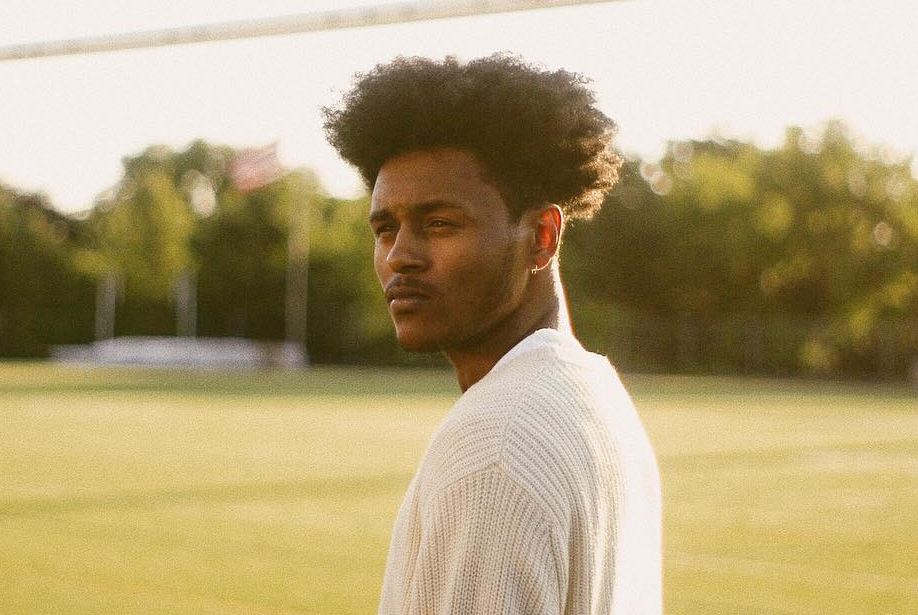
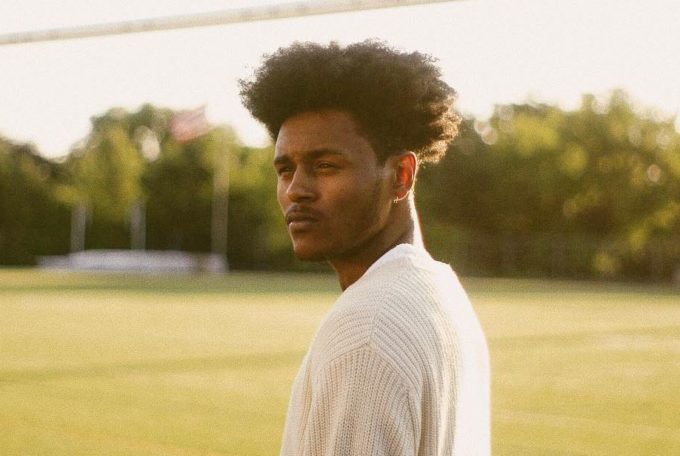
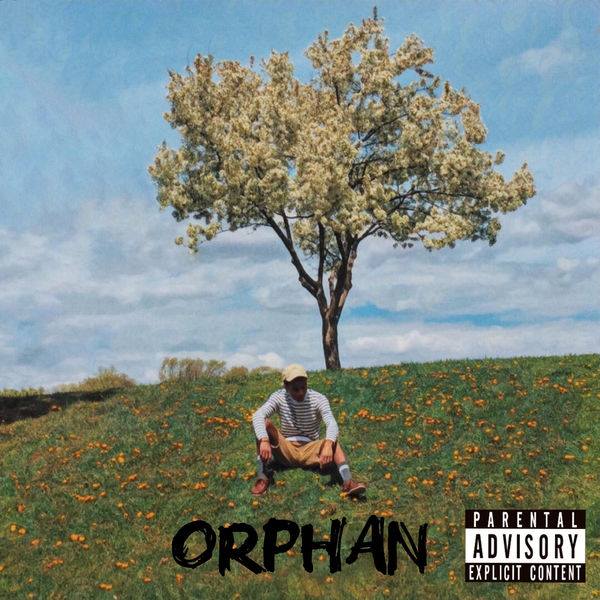
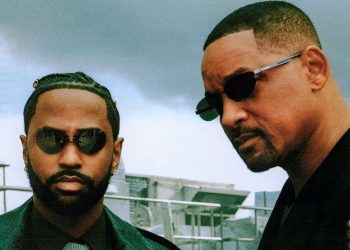

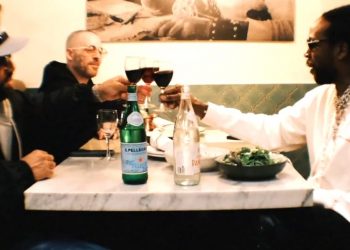
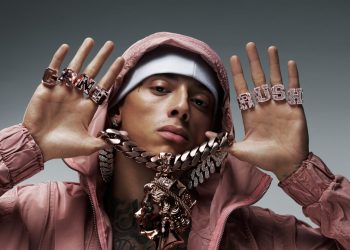


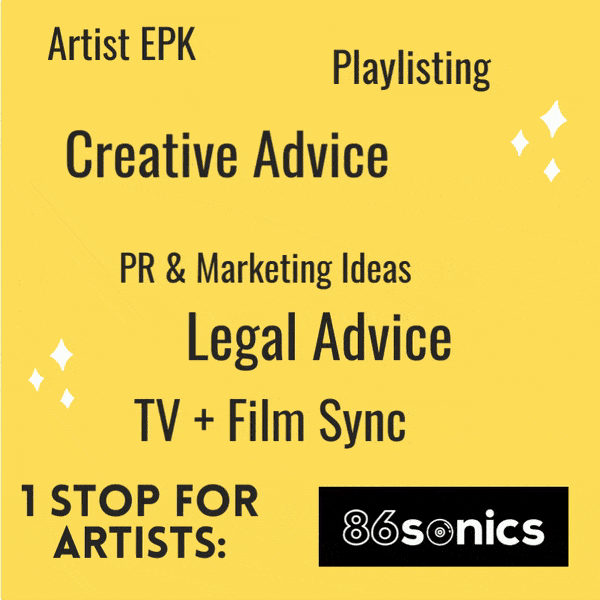

Discussion about this post